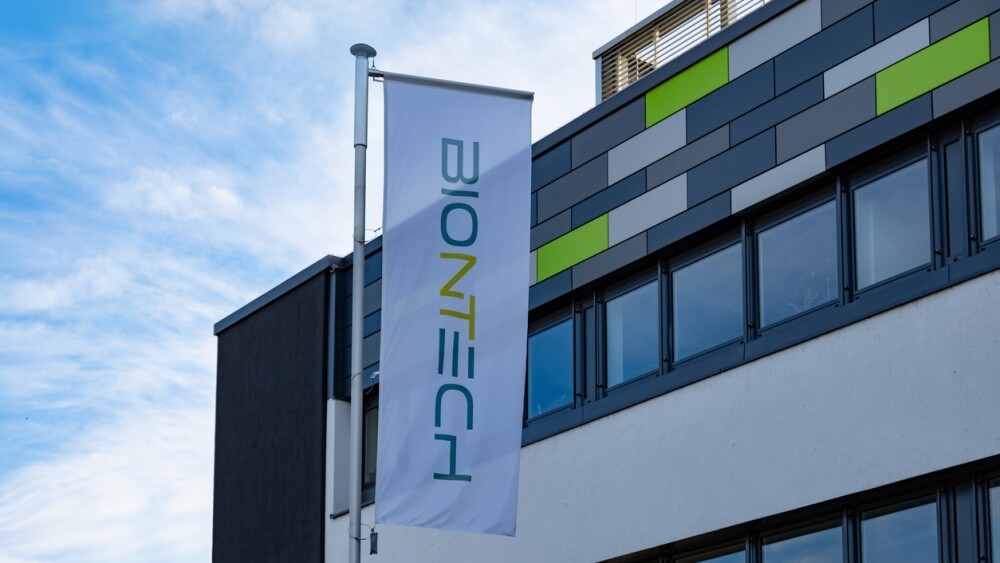BioNTech also laid off 63 employees in June in conjunction with the discontinuation of its cell therapy manufacturing operations in Gaithersburg, Maryland.
BioNTech is laying off 90 employees across its U.S. footprint as the company plots its future in a post-COVID market.
The layoffs, confirmed to Fierce Biotech by a company spokesperson on Tuesday, will affect 58 employees at BioNTech’s Cambridge, Massachusetts office. The remaining 32 terminations—which BioSpace had already documented in a July 21 entry in our layoff tracker—will occur at the company’s site in Gaithersburg, Maryland. The Maryland layoffs will take effect Sept. 16.
In a statement to Fierce, the spokesperson explained that BioNTech assesses its needs in a variety of ways, including “strategic alignment, operational efficiency and sustainable value creation.” BioSpace has reached out to BioNTech for independent confirmation of the matter.
“To this end, we are significantly investing in certain essential areas while optimizing capacities in others,” the spokesperson added. “We have completed a thorough review of the U.S. organization and believe that, with these changes, we are set up well for the future.”
The company is likewise reviewing its German operations and is in negotiations with the employee council there. More information regarding layoffs in Germany are expected “later this year,” as per the spokesperson.
This latest round of retrenchment comes after BioNTech let go of 63 employees in June in conjunction with the wind-down of its cell therapy manufacturing operations in Maryland. Also in July, BioNTech’s chief strategy officer Ryan Richardson announced his resignation, effective Sept. 30.
BioNTech came to prominence during the pandemic with its COVID-19 vaccine Comirnaty, which it developed alongside Pfizer. In 2022, the company made nearly $19 billion in coronavirus sales, crashing to around $4.4 billion in 2023. Last year, BioNTech’s revenues slid further to just under $3.2 billion.
To stay afloat in the post-pandemic market, BioNTech is leaning into cancer and other infectious diseases—a push the company reaffirmed during its second-quarter 2025 earnings call on Monday. “Our COVID-19 vaccine business is going to continue to be a priority,” the outgoing Richardson told investors, responding to a question about the wisdom of continuing to invest in infectious diseases even as vaccination rates fall across the country.
In cancer, a big piece of BioNTech’s strategy is to capitalize on the emerging PD-L1/VEGF pathway. A Phase II readout in March showed that the company’s bispecific antibody, BNT327, can elicit an 85.4% confirmed objective response rate in patients with extensive-stage small cell lung cancer. In June, Bristol Myers Squibb put $11 billion on the line to collaborate on BNT327.






